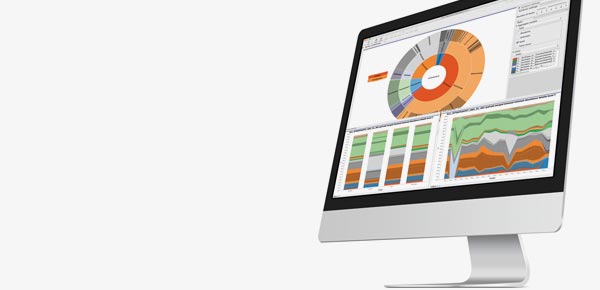
Explore the profile of microbial communities.
CLC Microbial Genomics Module (MGM)
Supported Features:
The module extends the range of supported NGS applications with tools to study microbiome composition based on 16S rRNA- and other commonly used metagenome derived amplicon data.
- Microbiome Analysis via OTU-clustering of 16S rRNA or other amplicon data.
- OTU-clustering and taxonomic annotation using common reference databases such as Greengenes, Silva and UNITE.
- Stacked and area charts and zoomable sunburst diagrams to explore and compare the taxonomic composition of samples, or sample groups.
- A range of statistical tools, for instance to reveal differential abundance of OTUs, estimation of alpha- and beta diversities, or to carry out PERMANOVA analysis. Principal Coordinate Analysis (PCoA) results can be explored in 3D in the context of the sample metadata.
- Compatible also with T-RFLP data
- data from single read libraries
- paired read data strictly from libraries with overlapping paired reads.
The platform supports data from Illumina, 454, Ion Torrent and Sanger instruments.
Here are some additional MGM resources
to make the most of your trial.
If you have any questions regarding the MGM please contact us

For up-to-date information and product-specific disclaimers, see the respective QIAGEN kit handbooks or user manual. QIAGEN kit handbooks and user manuals are avaliable at www.qiagen.com or can be requested from QIAGEN Technical Services or your locale distributer.